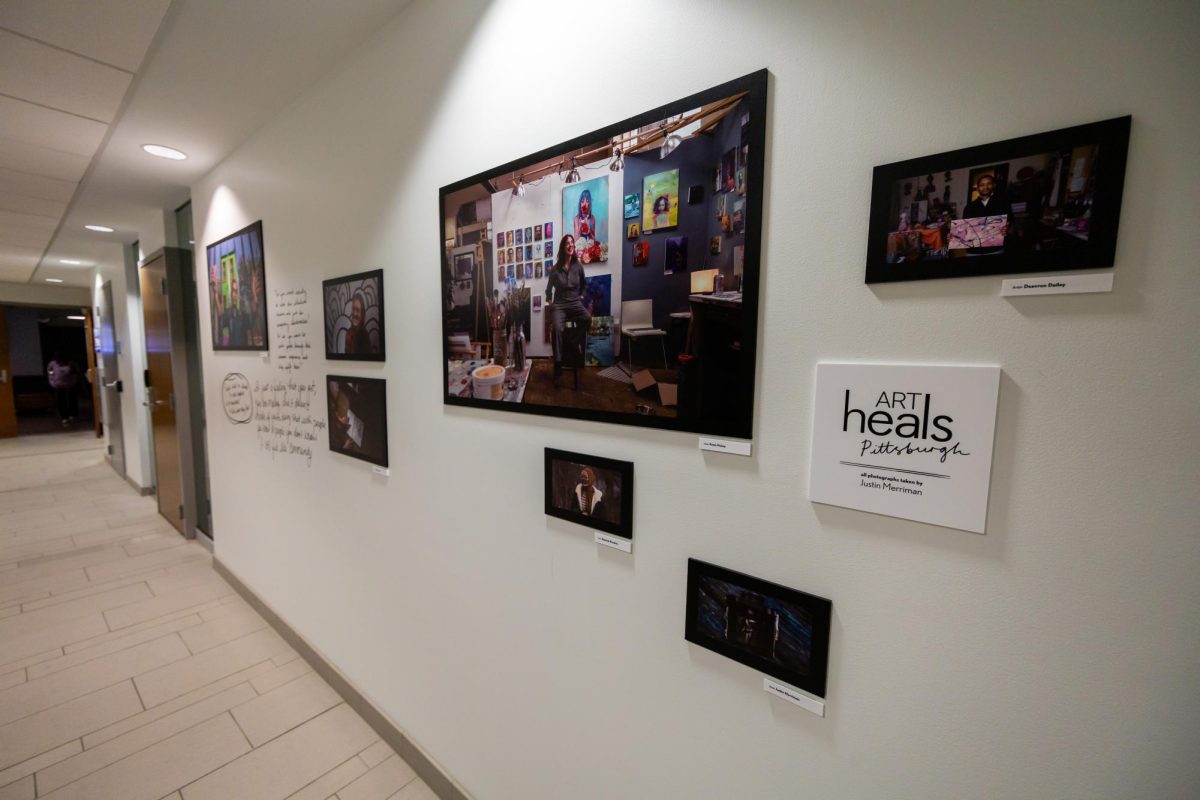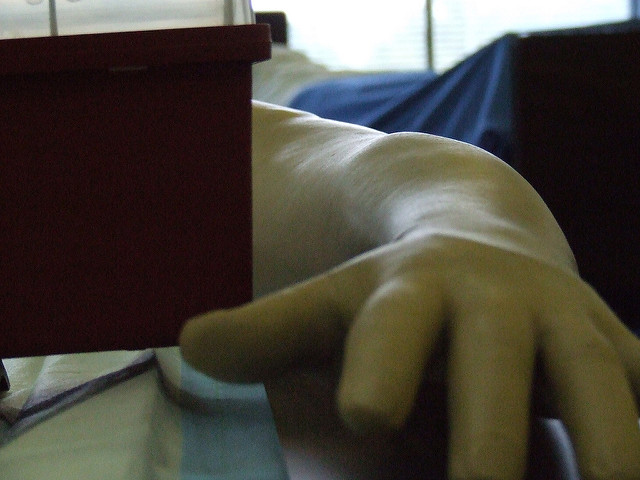Opposite sides of the state are teaming up to make a Pitt-developed technology profitable.
The University of Pittsburgh Innovation Institute and the University City Science Center, an urban research park in Philadelphia, announced a collaboration yesterday that puts a device designed to improve lower limb prosthetic alignment for artificial limb users on the market, allowing the public to buy it for their own use.
The University will be the newest partner to join City Science Center’s Phase 1 Ventures program — P1V for short. PV1 aims to launch technologies that take a longer time to develop or regulate because of strict testing regulations. In this program, the University Science Center matches technologies created by University researchers and inventors with entrepreneurs based on their areas of interest or expertise.
Goeran Fiedler, assistant professor in the School of Health and Rehabilitation Sciences, and former Pitt faculty member Jonathan Akins, who is now an assistant professor at Widener University, created the device, called the HD Protector, in 2015.
When an artificial limb user is fitted for an artificial limb, a prosthetist observes the user’s gait and listens to their feedback about the prosthesis’ comfort. The prosthetist then adjusts the prosthesis’s optimal angle and repeats until the user has an artificial limb that fits comfortably.
The optimal angle — the position of the prosthesis socket relative to other parts of the limb — is hard to document and replicate since everyone is different.
The device clips onto a prosthesis and uses sensors and Wi-Fi connectivity to measure optimal angels in prosthesis. The HD Protractor can be used by prosthetists when fitting and aligning a prosthesis to improve safety and comfort for the wearer.
Fiedler and Akins filed a patent for their device in September 2016 and, according to Fiedler, are eager to bring their design from poster to market with proper funding, he said in an email.
According to Marketing and Special Events Manager Mike Yeomans, the University will receive no funding from this partnership. However, the startup formed between the device inventors and the entrepreneurs may receive investment from the University Science Center.
They can also seek investment from other external investors or Small Business Innovation Research — SBIR — grant, which supports technological innovation and scientific achievement through federal research funds.
Pitt’s other commercial partnerships include Shire, a pharmaceutical company headquartered in Dublin, that produces Adderall XR and Vyvanse, and Bayer, a chemical, pharmaceutical and life sciences company based out of Leverkusen, Germany.
Pitt’s partnership with Shire, made in 2015, allows Shire to fund proposals from Pitt researchers for new drugs to treat rare and often genetic diseases. The Bayer partnership allows the University to advance research for heart, lung and blood disease diseases through research studies and drug development.
Although this is the first time the Pitt Innovation Institute and the University Science Center are teaming up, it won’t be the last.
“The Innovation Institute is excited about this partnership because it represents a new opportunity for us to help Pitt innovators to move their discoveries from the classroom and the lab and into the marketplace where they can have a positive impact on society and help improve people’s lives,” Yeomans said in an email.



